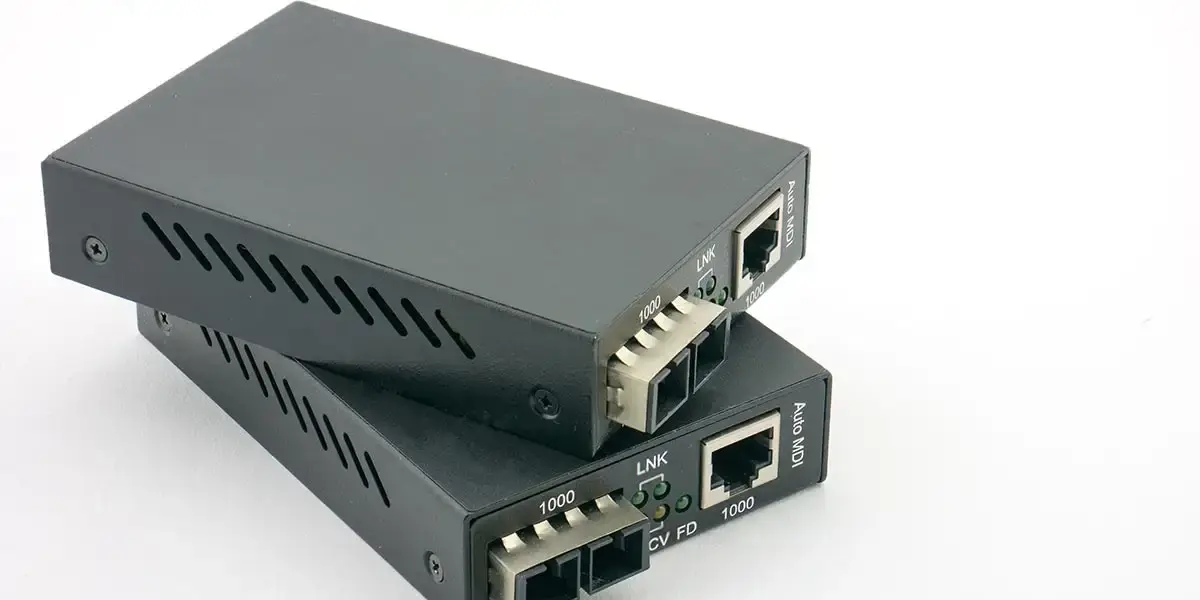
Jun 27, 2024
High-speed data converters are essential parts of the rapidly changing world of digital technology. They facilitate the smooth processing and transfer of enormous volumes of data by acting as vital links between the analog and digital realms. This blog explores the high-speed data converter market's dynamics worldwide as well as its main drivers and potential prospects.
Analog-to-Digital Converters (ADCs) and Digital-to-Analog Converters (DACs) are examples of high-speed data converters. These components are necessary for many different applications, including consumer electronics, automotive systems, data centers, and telecommunications. Their main job is to quickly and accurately convert analog signals into digital data and vice versa to provide accurate and effective data processing.
According to BCC Research, The global market for high-speed data converters is expected to grow from $3.2 billion in 2024 and is projected to reach $4.2 billion by the end of 2029, at a compound annual growth rate (CAGR) of 5.4% during the forecast period of 2024 to 2029.
The global market for high-speed data converters is expected to grow from $3.2 billion in 2024 and is projected to reach $4.2 billion by the end of 2029, at a compound annual growth rate (CAGR) of 5.4% during the forecast period of 2024 to 2029.
The need for high-speed data converters is being driven in large part by the increase in data consumption brought about by the spread of smart devices, video streaming, and the Internet of Things (IoT). The global deployment of 5G networks is increasing the demand for sophisticated data conversion technology in order to facilitate lower latency and quicker data transmission.
High-performance data converters are required due to the quick growth of wireless communication protocols, such as 5G, Wi-Fi 6, and beyond. These converters are essential components of the network infrastructure that facilitates high-bandwidth, high-speed communication, making connections dependable and strong.
The high-speed data converter market is predominantly driven by the consumer electronics industry, which includes wearables, gaming consoles, tablets, smartphones, and other gadgets. The demand for more sophisticated ADCs and DACs is driven by consumer demands for greater resolution, improved sound quality, and more engaging experiences.
Sophisticated electronic systems for advanced driver assistance systems (ADAS), infotainment, and autonomous driving are becoming more and more common in modern cars. High-speed data converters are essential to these applications because they offer the data processing power required for improved safety features and real-time decision-making.
Over the following ten years, there is expected to be significant increase in the worldwide market for high-speed data converters. There are several reasons for this hopeful prediction:
More potent and efficient data converters are being developed as a result of ongoing advancements in semiconductor technologies. These developments are anticipated to propel market expansion by providing improved efficiency, decreased energy usage, and decreased expenses.
High-speed data converters will become much more in demand as 5G networks spread. Advanced ADCs and DACs are required to efficiently handle the higher data loads due to 5G technology's high data speeds and low latency requirements.
The Internet of Things is growing at a never-before-seen pace, with uses in smart homes, healthcare, industrial automation, and other fields. The smooth functioning of these networked devices depends on high-speed data converters, which is fueling market expansion.
More money is being invested in data centers as a result of the exponential expansion of data generation and storage. For data centers to handle massive volumes of data quickly and accurately and enable applications like cloud computing, big data analytics, and artificial intelligence, high-speed data converters are essential.
North America leads the world in high-speed data converter sales thanks to large investments in technological development and strong demand from the consumer electronics and telecoms industries. Further supporting market expansion in this area are the existence of significant technology businesses and continuous developments in wireless communication.
With the fastest adoption of 5G technology, rising manufacturing activity, and a booming consumer electronics sector, the Asia-Pacific region is predicted to grow at the fastest rate. The demand for high-speed data converters is being driven by countries leading the way in technological innovation, such as China, Japan, and South Korea.
High-speed data converter demand is particularly high in Europe, mostly from the industrial and automotive industries. The region's emphasis on Industry 4.0 efforts and smart infrastructure drives market growth even further.
The market for high-speed data converters is expanding globally as a result of the progressive adoption of cutting-edge technology in other regions, such as Latin America, the Middle East, and Africa. These areas are spending more in smart city initiatives and telecommunications infrastructure, opening up new markets for market expansion.
High-speed data converters are expected to have significant expansion in the global market due to rising demand from a variety of industries and technological improvements. High-speed ADCs and DACs will be essential to the creation of novel applications and the smooth running of contemporary digital systems as the digital transition picks up speed. To stay ahead of the curve in this fast-paced, fiercely competitive environment, businesses in this industry should prioritize research and development.

Sandeep is a Senior Executive in Marketing Operations at BCC Research, proficiently serving as a graphic designer and content creative specialist. His expertise extends to AutoCAD and Revit, and he has made valuable contributions to the event industry with his design skills.

Biophotonics: Technologies and Global Markets (PHO024B)

Global Trade: A Strategic Shift The global trade environment is undergoing a dra...

The global demand for cutting-edge materials continues to rise, and at the foref...

We are your trusted research partner, providing actionable insights and custom consulting across life sciences, advanced materials, and technology. Allow BCC Research to nurture your smartest business decisions today, tomorrow, and beyond.
Contact UsBCC Research provides objective, unbiased measurement and assessment of market opportunities with detailed market research reports. Our experienced industry analysts assess growth opportunities, market sizing, technologies, applications, supply chains and companies with the singular goal of helping you make informed business decisions, free of noise and hype.